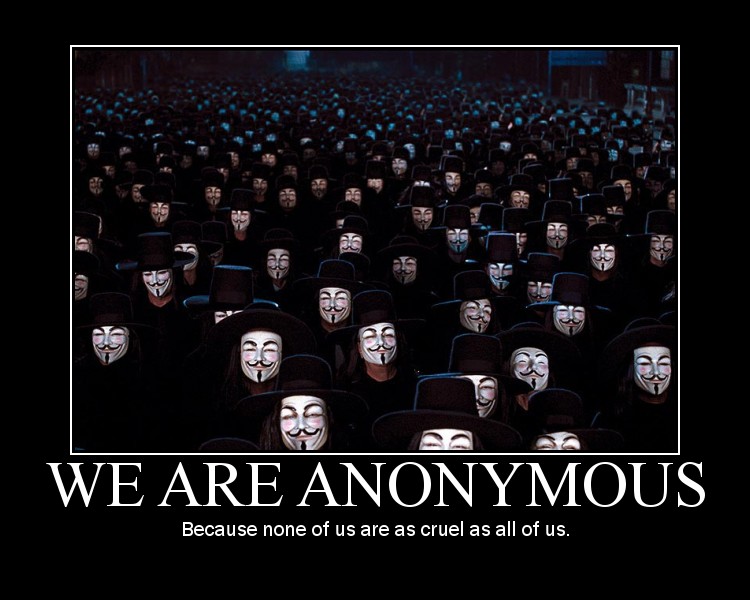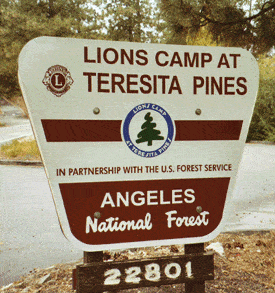I’ll be taking a break from posting until September 12. Other contributors are welcome to post at any time. For the curious- yes, Camp Teresita Pines was the summer camp of my youth.
Blog -Workin’ It
Likes or Not? Check-in With Readers
Dave and Foto weighed in on the success of the experiment of “liking” comments. I was about to remove it . By “liking” or “not liking” this post, you can weigh in on whether you would like to see it continue.
Here’s Dave’s perspective:
I suspect that it is time to get rid of the “rating” feature here. I have not but “toyed” with it, but I cannot support a feature that allows one to rate one’s own comment/post, and I know this feature allows that. Neither can I support a rating feature that allows one to rate a post/comment each time one logs on to a blog, and I suspect that this one allows that. [Nope. Just tested it.]
Just my partisan perspective, early in the morning before coffee. I attach this comment to this post because I perceive more use of the feature to drive wedges between people here than on any other post so far.
And Foto’s
Actually, I have been surprised at how little the feature has been “gamed”. I applaud everyone who hasn’t had a kneejerk response to an individual’s every posting, like I have seen on other less progressive sites. If I don’t like the actual message, I’ll vote to dislike. If I do like it, I vote for it. Also, I have refrained from voting for my own postings, on principle, and I expect that others have followed that practice, as well. As Sharon quipped when this feature was enabled, one may not like the votes for one’s postings. It makes you maybe corral your comments to be civil and reduces partisan blather, from either side. I tend to think it is working, and could encourage more people to eventually post comments.
Again, I thank everyone for being adult and respectable (to most extents).
Voice in Democracy: When Anonymity Helps

As we are seeing these days in the Middle East and Africa, even Wisconsin, democracy is never easy—whether to initiate or to keep. What we know is that we cannot maintain a democratic form of government without “voice.” After all, democracies are “temples of talk.” Yet, many times it proves too threatening to express opinions, or even to interject facts, into public discussions. Discussions sometimes threaten work, family, or community relations, yet without discussions, none of these institutions can long survive. In many situations, only the few dare voice opposition to either the status quo or to proposed change. But these days it is getting easier to be heard without some of the threat that has traditionally attached to voice. We are seeing an upwelling of “anonymity” as a form of voice.
I follow a bunch of blogs in the economics and finance arena. Believe me, there are a bunch of these. As you might guess, given recent financial shenanigans events, there are very active conversations in these blogs, and also in mainstream periodicals—that themselves now embed blogs. Some who comment and some who blog remain anonymous. Why? Because of perceived threats, sometimes very real threats. Anonymity allows a particular voice that would be disallowed if people were to “post” or comment under their real names.
Here are two examples. One noted financial blogger, The Epicurean Dealmaker, posts as TED (an acronym). TED is widely viewed as a sage in the arena of Wall Street financial deal-making. TED claims to be a mid- to higher-level employee of a Wall Street firm. He (or she? Not likely!) has been very critical of the culture wherein he makes a fine living. And his posts, and guarded/shielded interviews, have helped to unravel some of the mysteries of this arcane world. TED is unabashed. He even challenges people to find out who he is. He is so sure of himself that he believes that he will not be “outed.”
Then there is Maxine Udall (girl economist), who spent a few years blogging and attracted a following. Turns out that “Maxine” was not her real name. Unfortunately, the real author passed away suddenly a few weeks ago. She was “outed” after her untimely passing. Most everybody had previously thought Maxine was a savvy graduate student. Turns out that she was a professor. Had she been blogging under her real name, her voice would have been less edgy.
If you want to comment with anonymity, here’s what you can do. First create a fictitious name/email address, then begin commenting. Or, particularly if you want to carry conversation “off line” set up a real email, like TED did, with a “handle”, not your real name. If you feel you have more to say, start an anonymous blog—it is very easy.
We need more “voice” in the public lands arena. I don’t understand why there are not more blogs on matters we discuss here. Is it just timidity? Is it that there is so little passion among employees and public lands watchers? Really? Likely not. So what else is going on?
The Rating Feature
Dave Iverson has suggested we experiment with using the like or dislike feature on this blog. This should help us get a sense of what some of you quiet readers are thinking.
Also, I set it up “like and dislike” for comments and for pages, so you can tell us if you like Andy’s KISS proposal, or other potential proposals we might place as a page.
So now there are two more elements on the sidebar- most frequently viewed posts (in the last 48 hours) and the highest rated posts and comments (not sure about timeframe).
Since this is an experiment, please write me if you don’t like the idea of using “like-dislike”- send an email to [email protected]. Or I guess you could simply rate this post..
